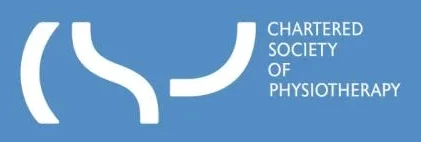Understanding the Link Between Stress and Physical Health
Stress is often thought of as a mental or emotional challenge, but its impact on the body is just as significant. When we experience stress, our bodies respond by releasing hormones like cortisol and adrenaline. While this response is natural and sometimes beneficial in short bursts, chronic stress can lead to a variety of physical health issues.
Common physical symptoms of stress include:
- Muscle tension and stiffness
- Headaches and migraines
- Neck and shoulder pain
- Lower back pain
- Fatigue and sleep disturbances
Over time, these symptoms can lead to postural imbalances, reduced mobility, and chronic pain. This is where manual therapy can make a difference.
How Stress Causes Muscle Tension and Pain
When the body is under stress, muscles tend to tighten as part of the fight-or-flight response. This often leads to persistent neck, shoulder, and back tension, especially for those who sit at a desk for long periods or carry stress in their upper body. If left untreated, this tension can develop into:
- Restricted movement in the neck and spine
- Chronic headaches
- Poor posture due to muscle imbalances
- Joint pain and stiffness
Manual therapy techniques, including chiropractic care and physiotherapy, help to counteract these effects by relieving tension, improving circulation, and promoting overall relaxation.
How Manual Therapy Can Help Relieve Stress-Related Tension
Chiropractic Care Chiropractic adjustments focus on aligning the spine and relieving pressure on the nervous system. Since stress can cause spinal misalignment due to muscle tightness, chiropractic care can:
- Reduce muscle tension caused by stress
- Improve spinal alignment for better posture and mobility
- Alleviate headaches and neck pain
- Enhance overall nervous system function, helping the body manage stress more effectively
Physiotherapy & Soft Tissue Therapy Physiotherapy plays a key role in managing stress-related physical symptoms by focusing on movement, flexibility, and muscle function. Physiotherapists use techniques such as:
- Manual therapy and soft tissue release to ease muscle tightness
- Stretching and mobility exercises to improve flexibility
- Breathing techniques to reduce tension in the body
- Postural correction to prevent chronic pain from stress-related habits
Lifestyle Tips to Manage Stress and Prevent Muscle Tension
In addition to manual therapy, making small lifestyle changes can help manage stress and prevent its impact on the body:
- Prioritise Movement – Regular physical activity, such as stretching or walking, helps reduce muscle tension.
- Practice Good Posture – Poor posture exacerbates stress-related tension; adjust your workstation ergonomically.
- Deep Breathing & Mindfulness – Controlled breathing can calm the nervous system and release physical tension.
- Stay Hydrated & Eat Well – Proper nutrition supports muscle function and recovery.
- Regular Treatment – Ongoing chiropractic or physiotherapy sessions can help keep stress-related pain under control.
Book a Consultation at Falcon Health
If stress is affecting your physical well-being, manual therapy can provide relief and long-term benefits. At Falcon Health, our team of chiropractors and physiotherapists specialise in treating stress-related tension and helping you feel your best.
📍 Located in Burgess Hill – Book your appointment today and take the first step towards a healthier, more relaxed body.





